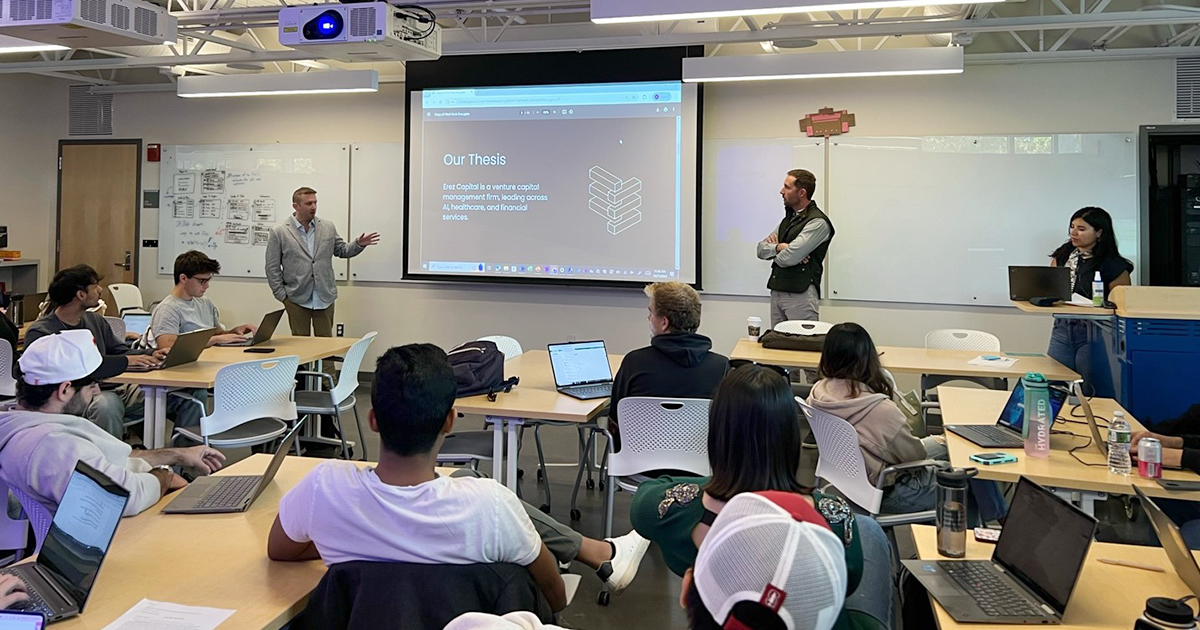In today’s fast-paced financial landscape, the age-old struggle of managing an accounting team is undergoing a revolutionary shift. Gone are the days when sheer hours poured into spreadsheets equated to productivity.
Instead, the most successful firms are those that harness the power of innovative tools and methodologies, enabling their teams to work smarter, not harder. Imagine a scenario where efficiency reigns supreme, where every team member feels empowered and informed, rather than buried under mounds of paperwork.
This article explores the art and science of building an agile accounting team that thrives on collaboration and technology, transforming traditional practices into dynamic processes that not only lighten the load but also enhance accuracy and insight. Join us as we delve into practical strategies, emerging trends, and the pivotal role of leadership in fostering a culture where creativity and critical thinking drive success.
Ultimately, the goal is clear: to create a harmonious balance between workload and effectiveness, ensuring that every tick of the clock is an investment in growth and innovation.
Investing in Training and Development: Skills for the Future

Investing in training and development is not just an option; it’s a necessity for crafting an accounting team adept at navigating a rapidly evolving financial landscape. Imagine a team armed with cutting-edge software skills, proficient in data analytics, and well-versed in regulatory compliance.
This blend of expertise doesn’t just enhance individual performance; it cultivates a collaborative environment where innovative problem-solving thrives. The future of accounting is reshaped by technology, and as such, continuous learning must become part of your team’s DNA.
Whether through workshops, online courses, or mentorship programs, each investment in your team’s growth lays a foundation where they can work smarter, not harder, harnessing their skills to drive efficiency and foster an agile response to the ever-changing demands of the industry. The ripple effects will be profound, not only boosting morale but also propelling your firm toward new heights of success.
Leveraging Technology: Tools to Enhance Efficiency

In todays fast-paced business landscape, technology serves as the backbone of an efficient accounting team, transforming mundane tasks into streamlined processes. Imagine a world where invoicing is automated, data is seamlessly integrated across platforms, and real-time analytics guide strategic decisions—this isn’t a far-off dream; its a reality powered by the right tools.
Cloud-based accounting software enables teams to access critical financial data from anywhere, fostering collaboration and enhancing accuracy. Meanwhile, artificial intelligence can sift through vast amounts of financial documents, flagging anomalies and saving countless hours traditionally spent on manual reviews.
By embracing innovations like these, accounting professionals can shift their focus from rote tasks to higher-level analysis, ultimately contributing to a more dynamic and responsive organization. The right technology doesn’t just enhance efficiency; it empowers teams to work smart, allowing creative problem-solving and strategic foresight to flourish.
Measuring Success: Assessing Performance and Outcomes
Measuring success within an accounting team requires a multifaceted approach, one that transcends mere numbers on a balance sheet. Start by identifying key performance indicators (KPIs) that resonate with both individual and team goals, such as accuracy in financial reporting, timeliness of project completions, and client satisfaction ratings.
However, metrics alone cannot paint the full picture; qualitative assessments play a crucial role, too. Regular feedback sessions and open dialogues foster an environment where team members feel valued and motivated to innovate.
Furthermore, embracing technology can enhance efficiency, but it’s equally vital to gauge how these tools impact team dynamics and morale. By combining quantitative data with qualitative insights, leaders can create a more nuanced understanding of their teams performance, paving the way for targeted improvements and a culture of continuous learning.
Therefore, success is not just a destination; it’s an ongoing journey of adaptation and growth.
Conclusion
In conclusion, building an accounting team that works smarter, not harder is essential for fostering efficiency and driving organizational success. By embracing innovative technologies, promoting collaboration, and prioritizing continuous learning, companies can create a dynamic environment that enhances productivity while minimizing burnout.
Leveraging resources like Accountancy Capital can also provide valuable insights and support in this journey, ensuring that your team is not only equipped with the right tools but is also strategically aligned with industry best practices. As businesses adapt to an ever-evolving landscape, investing in a skilled and agile accounting team will ultimately pave the way for sustained growth and competitive advantage.


